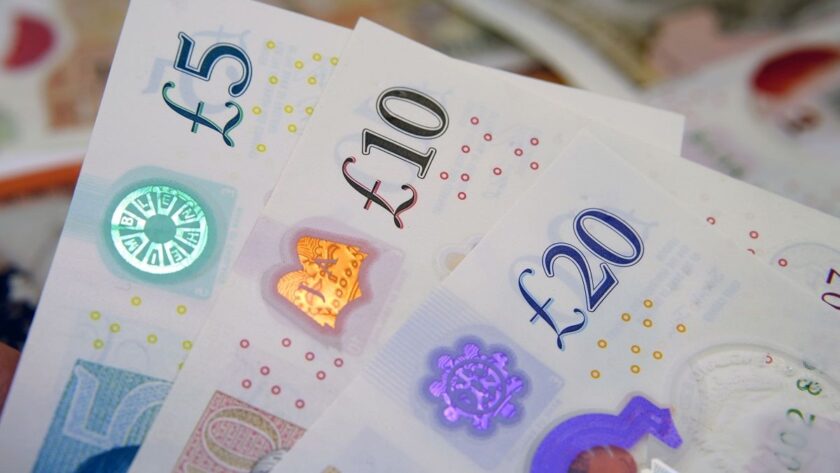Pound Firmer Against Dollar, Euro Amidst UK Budget Leak
The British pound traded firmer, rising against both the euro and the US dollar after Chancellor Rachel Reeves delivered the Autumn Budget without any major surprises due to an early leak.
Before the finance minister’s presentation, the markets were already in possession of the key budget figures, which sparked an immediate reaction with GBP trading majors – the US dollar, and Euro experienced immediate selloffs.
In her presentation, Reeves explained plans to address a £20 billion shortfall in the public finances. The statement was overshadowed early on by the OBR leak but confirmed £26 billion in net tax rises by the end of the decade, taking the total tax burden to a record 38 percent of GDP.
The pound touched $1.31929 before slipping to around $1.314 as markets reacted to the accidental release of key budget figures ahead of Reeves’s speech.
OBR report showed a larger-than-expected £22 billion fiscal buffer, compared with the £15 billion forecast, but also weaker growth and higher inflation projected for 2026. It early release sparked sharp market swings, as such data normally appears only after the budget.
The OBR detailed tax changes, including higher gambling duties, a levy on properties over £2 million, and a 2-point rise in dividend taxes, adding £26.1 billion in revenue by 2029-30. Income tax and national insurance thresholds will remain frozen until 2030-31.
Sterling is slightly higher, gaining around 0.3 percent against the euro and pushing EURGBP from 0.88 to 0.876. GBPUSD is also up 0.3 percent at 1.32. Sterling traded near a three-week high against the euro yesterday and is consolidating now before the budget.
The budget included targeted welfare expansions alongside selective tax measures. Income tax rates were left unchanged, but thresholds remain frozen until April 2031.
This extends fiscal drag and is expected to push 1.5 million people into higher tax brackets. The annual cash ISA limit will be capped at £12,000 for those under 65, with £8,000 ring-fenced for stocks and shares to support domestic investment.
“This will encourage savers to support British growth,” Reeves said. The two-child benefit cap will be scrapped from April 2026 at a cost of £3 billion a year.
The state pension will rise by 4.8 percent in line with earnings, with universal credit and disability benefits increasing by 3.6 percent. A new “mansion tax” surcharge will apply from 2028, adding £2,500 to properties over £2 million and £7,500 to those over £5 million.
The budget narrowly meets Reeves’ fiscal rules, with small headroom under the debt target. Borrowing for 2025 to 2026 will be £83.1 billion.
There had been a risk that gilts could sell off sharply if the measures spooked investors, but volatility remained low, helped by the fact that many details had already been aired in advance. #Naira Climbs to N1,442/$ in Forex Market

